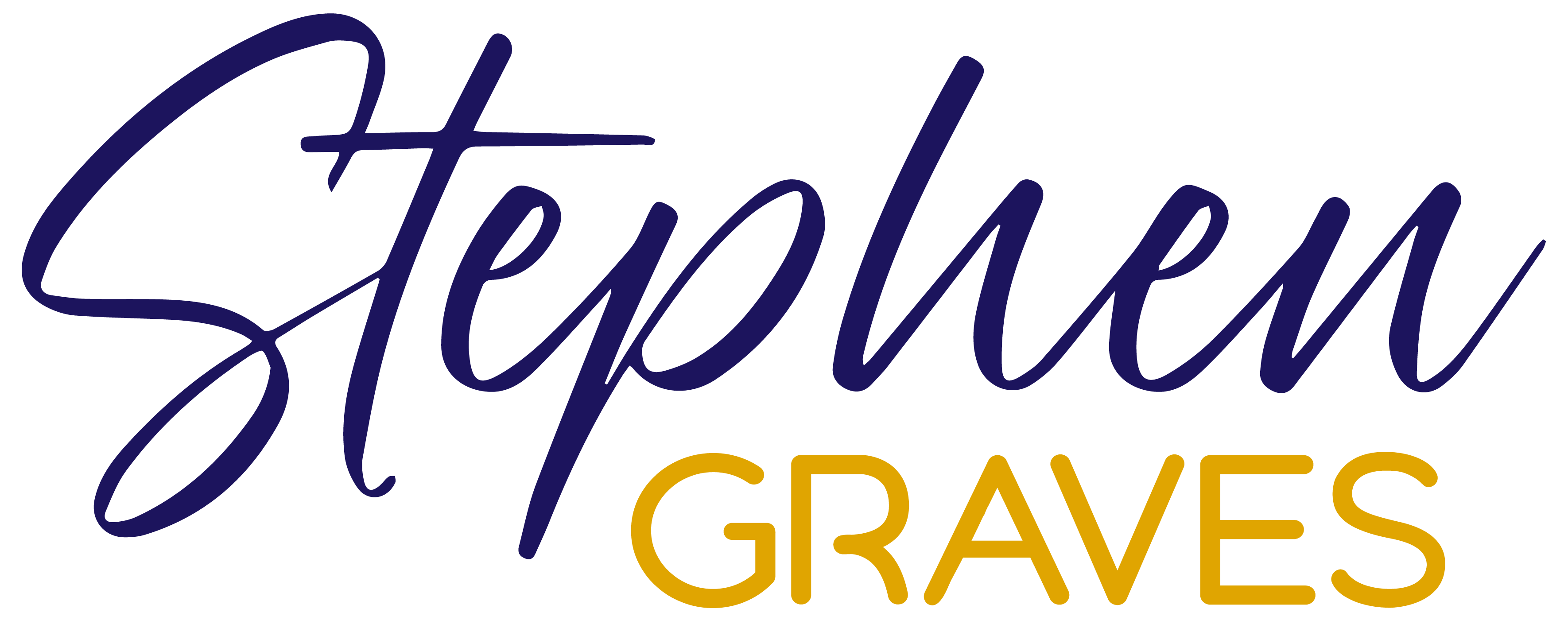I spent my teenage summers alone on what my parents called a “gentleman’s farm”—though there wasn’t much genteel about it. They were running a small business half an hour away, and I was left with a VCR, a full set of Encyclopedia Britannica, and a rotary-dial phone with a cord long enough to wrap around the fridge. If I wanted a social life, I had to drive to the Kmart parking lot and hope other kids had the same idea.
When the internet arrived, it felt like sorcery. No gatekeepers. No printing presses or parking lot needed. Just your thoughts, your fingers, and the chance to reach the world.
And that promise—Freedom of Speech in the Digital Age—felt electric. Still does.
But the voltage got complicated. Harassment slipped into the comments. Misinformation scaled faster than the correction infrastructure we had. Deepfakes began to blur the line between skepticism and schizophrenia. And suddenly, we weren’t just asking “how do I speak freely?”—we were grappling with “what happens when everyone does, all at once, with no brakes, no norms, and no off switch?”
Having spent years advising public agencies on modernization and working inside the tech sector on real-world moderation systems, I’ve come to believe the solution isn’t some sweeping piece of legislation or a magical line of AI code. It’s governance—digital governance—and like any system of governance, it requires transparency, distributed authority, and the ability to evolve. Code can help. But culture has to lead.
The Mic Is Always Hot
Anyone with a phone can now livestream themselves to the world—instantly, irreversibly. That’s not just empowerment; it’s exposure. I’ve watched posts that clearly violate community standards linger for 18 to 24 hours before anything happens—long enough for reputations to be wrecked or movements to metastasize.
Meanwhile, recommendation engines—those invisible, unaccountable sorters of attention—guide millions of people into algorithmic cul-de-sacs. They don’t just show you more of what you like. They can obscure what you need to know. That might not be malicious, but it’s consequential.
And governments? They’re scrambling. From the EU’s sweeping but inconsistent content laws to the U.S.’s recurring (and mostly reactive) legislative spasms, regulators are trying to referee a game they neither built nor fully understand. The rules are being rewritten in code while Congress is still holding hearings with floppy disks as props.
Forget Flashy Features. Get the Fundamentals Right.
When I speak with platforms or policy teams trying to fix this mess, I push them back to three principles. They aren’t flashy, but they’re the foundation of any trustworthy system:
- Be transparent. If you’re moderating speech, publish the rules. Explain enforcement. Make appeals possible and understandable. If people don’t trust the ref, they won’t trust the game.
- Keep humans in the loop. AI can flag trends at scale, but it can’t interpret context. It doesn’t understand satire, cultural nuance, or shifting social codes. Machines move fast. But when ambiguity strikes, human discernment still matters.
- Respect data boundaries. Moderation doesn’t require surveillance. Collect what you need, discard what you don’t, and comply—proactively—with the privacy laws of every region you operate in. That’s not just risk mitigation. It’s ethical design.
Culture Eats Algorithms for Breakfast
You can have the most advanced content moderation system on Earth—but if the culture behind it is broken, the system will be too.
We’ve already lived through that reality. There were years—still are, in some places—when voices were canceled not because they broke rules, but because they challenged the worldview of the people enforcing them. “Trust and safety” quietly morphed into a euphemism for “censor and suppress.” Content wasn’t removed because it was false, but because it was inconvenient to a particular ideology. That’s not content moderation. That’s editorial control masquerading as policy enforcement.
We cannot allow algorithms—or the technocratic elites designing them—to become the new censors of the digital commons. You don’t have to listen to every voice. You can hang up the phone. But you do not get to cut the wire.
That’s why I’m cautiously optimistic about X’s Community Notes. Imperfect as they are, they represent a rare attempt at consensus-driven, transparent annotation. They don’t silence. They contextualize. They assume the user is smart enough to decide. That’s a healthier impulse than deletion-by-default.
Still, let’s not delude ourselves about the wisdom of the crowd. In industrial farms, chickens peck constantly—but the moment one bleeds, the rest turn savage. They swarm the wounded until it’s dead. The internet can be like that too. One wrong word, one unpopular take, one thread taken out of context—and the swarm begins. A social feed becomes a coliseum.
Unrestrained vox populi is not democracy—it’s destabilization. That’s why moderation systems, like good government, must mirror constitutional balance: algorithms as the executive (fast, consistent, scalable); crowdsourced moderation as the legislature (deliberative, messy, pluralistic); and transparent appeals to a human team as the judiciary (corrective, precedent-setting, accountable). No single authority should reign unchallenged.
Like any functioning republic, the system only earns legitimacy if it also earns trust. And that means learning from failure, documenting decisions, and treating dissent not as danger, but as data.
The Next Frontier Isn’t a Feature
There are promising technical models on the horizon—federated moderation systems where platforms share best practices without compromising privacy, or user-configurable trust frameworks that let people shape their own online experience. But technology alone won’t rescue us.
The hard part isn’t the tooling. It’s the temperament.
Free expression in a hyper-networked society isn’t a static right—it’s a civic responsibility. One that must be shared not just by users, but by engineers, executives, policymakers, and community managers alike.
We need systems built not for control, but for resilience.
If You’re in the Arena…
Whether you’re building a platform, advising a government agency, or just trying to keep your digital community from imploding, the work ahead won’t be automated. It’ll be governed—or not at all.
We need to rediscover the old democratic virtues: transparency, pluralism, humility. And we must encode them—not just in our constitutions, but in our codebases.
If you’ve got ideas about making that happen, let me know in the comments.
Together, we all built this network. We can steward it better.


